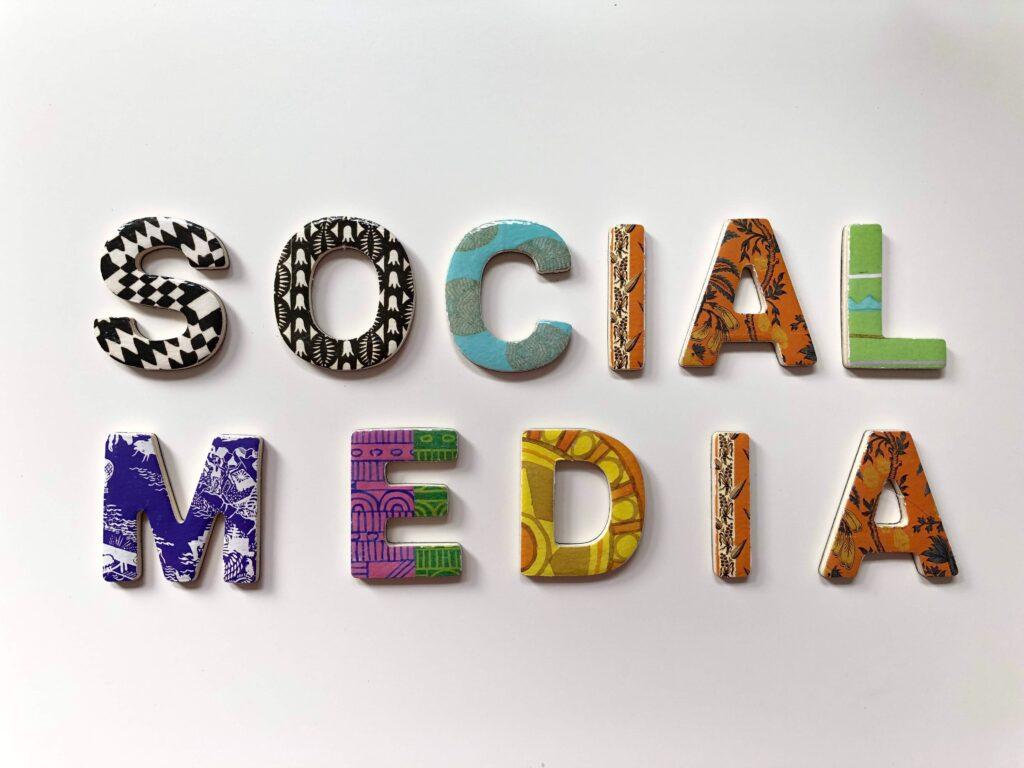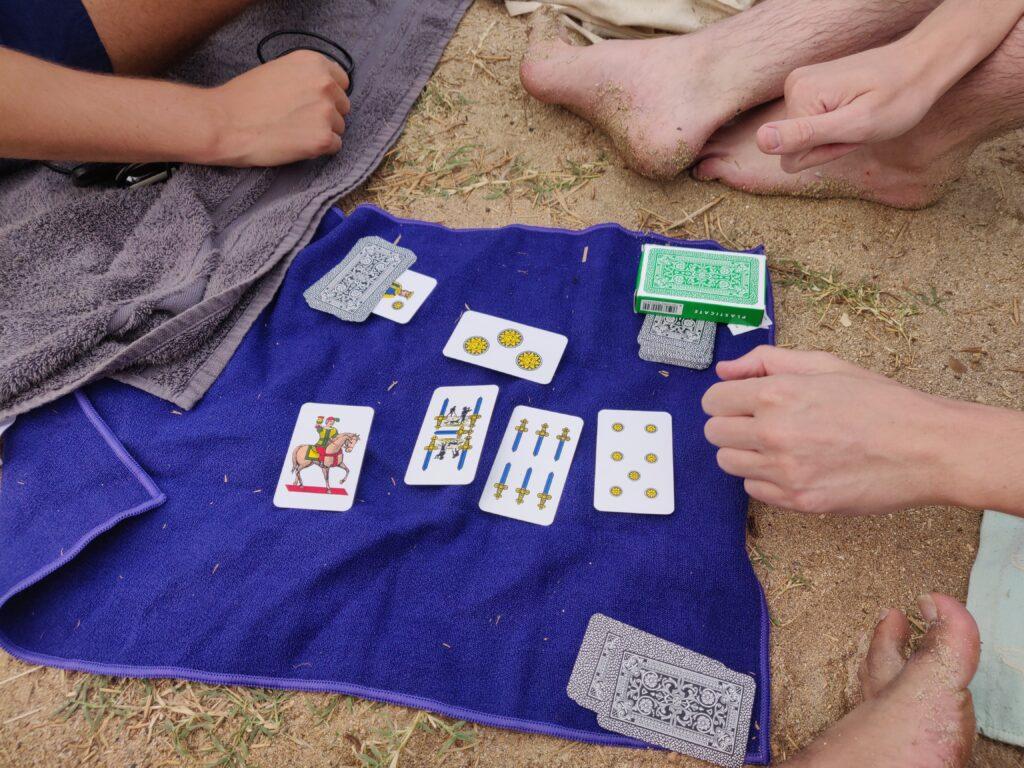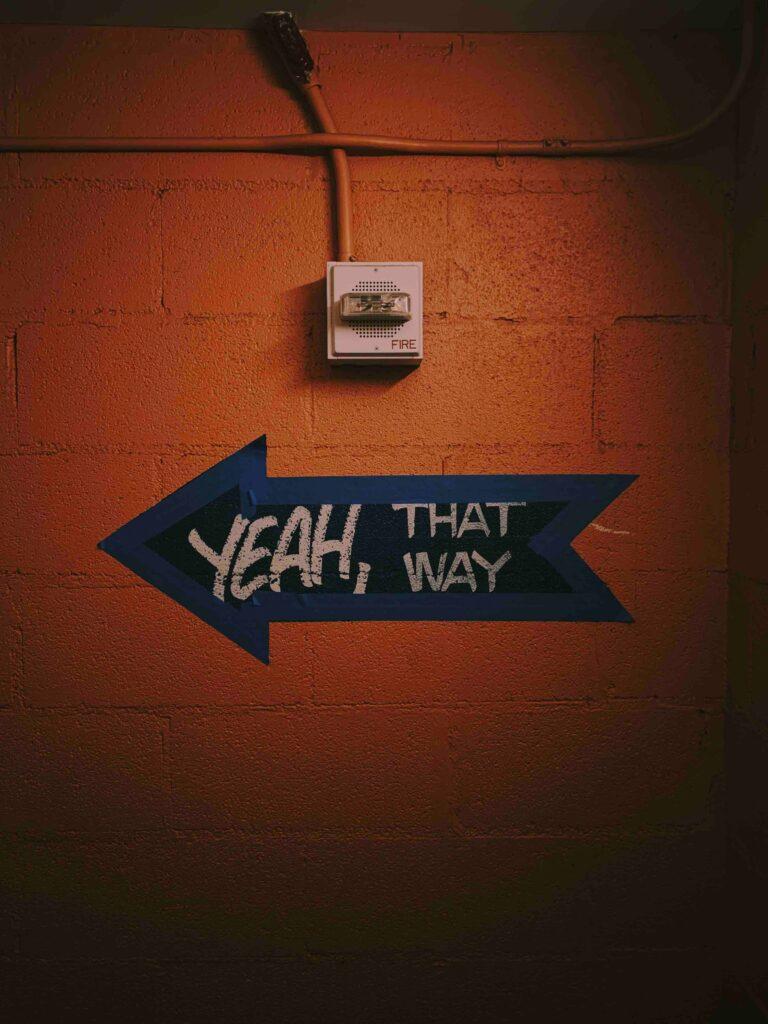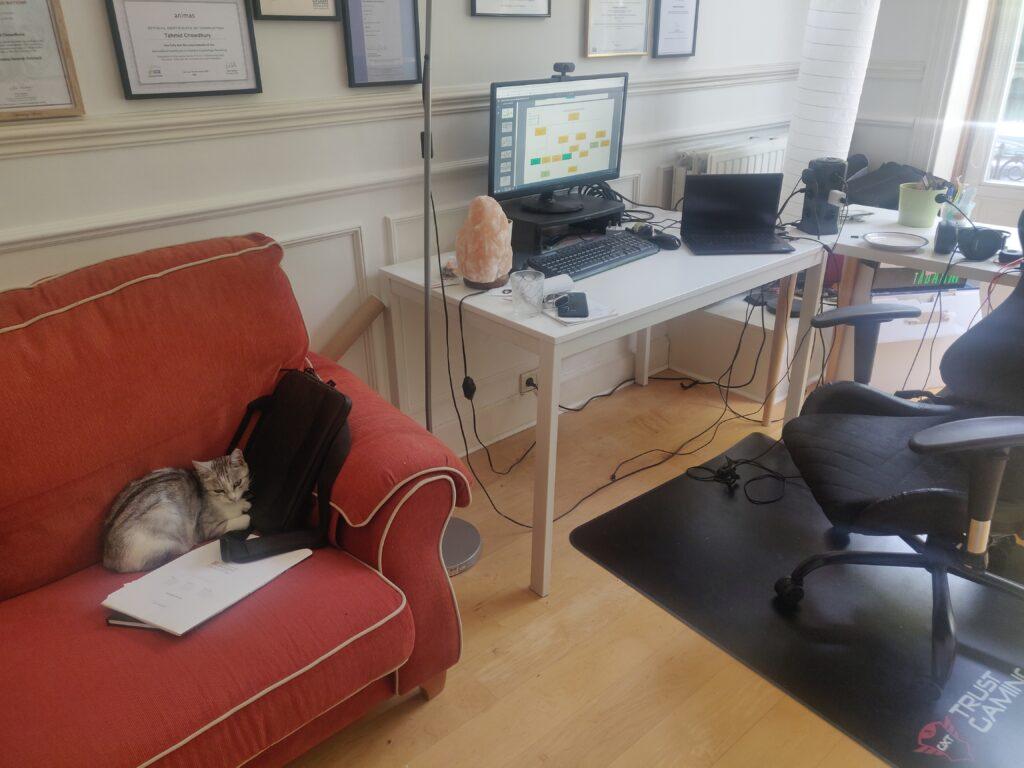
When we make decisions, many of us try to look at things very logically. We research information or ask friends for guidance. Maybe we’ll write a pros and cons list.
But can we really make a pros and cons list to as big a life decision as getting married? How about having kids? How about moving country? How about doing what you love?
One of the biggest downwards spirals I had with my life was trying to logically decide what I wanted to do. I would turn my brain to overdrive to figure out what the answer to my career and life were. I saw life as a puzzle – if I simply stared at it longer and spent more time trying to figure it all out, I would know what I was meant to do.
When I found myself unhappy with how my life was unfolding, I decided to figure out why I was unhappy. I thought that if I could understand the why, I could then go to the root of the problem. This would allow me to solve the issue. That’s the general logic we learn to cherish – analyse the problem and then find a solution.
What I did not anticipate was that trying to figure out why I was unhappy only served to make me more unhappy. By focussing so much time on what was wrong in my life, I just gave more power to the idea that these outside forces were the reason for my woe. My conclusion was that my life was unhappy due to my job, so if I changed that I would get the happiness I sought.
When I did change my job, I found a lot of the same issues still existed. Sure, the circumstances were different, and some of the details also changed, but ultimately when I was relying on my job to give me my sense of happiness I was putting my wellbeing in the hands of my circumstances rather than myself.
It reminds me of a story one of my old yoga teachers once told during a class. She recalled the tale of an apple on the tree. The apple sat on a tree branch, growing bigger each day. One day, a bird flew and landed on the tree branch. The next day the apple fell to the ground. So what caused the apple to fall – was it the bird landing on the branch, or was it the time for the apple to fall anyway?
It does not matter. Either way the apple is now on the ground. We do not need to understand why things happen, nor do necessarily benefit from satisfying our minds craving for clarity in things that we can never fully understand.
I learnt that the mind is not always the best tool to understand or decide bigger things in life. It can be an extremely powerful tool for digesting and analysing information to make a criteria-based decision, but it will also quickly get overloaded and succumb to traps of negative thinking when we attempt to comprehend something as big as the meaning of life. In other words, deciding what I wanted to do with my life wasn’t a decision that had to come from intellectualizing the question.
But if we don’t use our brain, what do we use?
There is something deeper than our thoughts which can tell us what we are meant to be doing. I am best guided by a deeper knowledge and power. This shows up when I quieten my own mind and go within to really what my inner wisdom is telling me.
For example, when I was ready to resign as a full-time Government employee, I knew it was the right thing for me. It was not a case of spending more time thinking about it, doing a SWOT analysis, nor project planning my future. It was a sensation that went deeper than my thinking and feeling – the connection between what I saw, felt and thought came together to recognise that there was a future for me outside of the comfort zone I had created. I understood the opportunities out there by going out and experiencing them, and now I wanted more. I saw that the future of staying in my job was not one that would allow me to live my life how I wanted to. So I knew. And I left.
The best part of this is that it means I don’t live with regrets. Our thoughts can create all sorts of alternative paths or reasons why what we did might have been wrong. But the reality is that any decision we make will be the right one if we make it so.
So if you’re finding yourself in the space of making wider life decisions, I would invite you to pause and look at how you are approaching it. If you are looking to stop and think your way to a solution, maybe you would benefit from taking time away and connecting to something beyond your thoughts.
Because when you know the decision you are meant to take, you will know.








